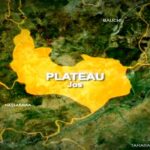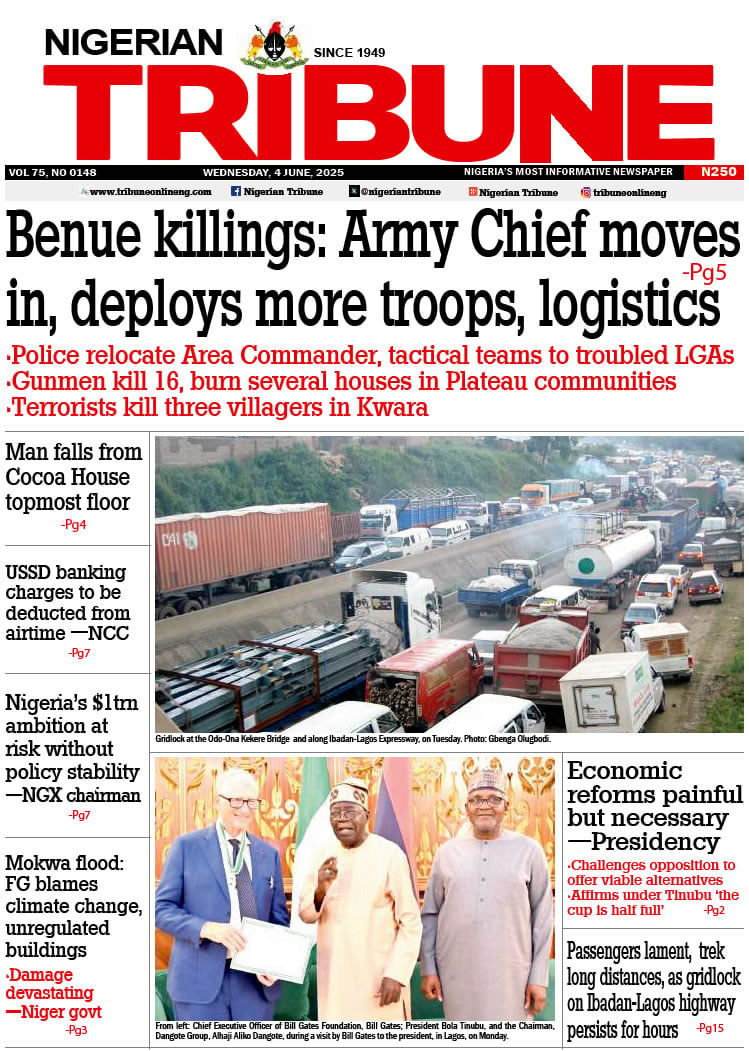Artificial Intelligence (AI) is expected to contribute a staggering $15.7 trillion to the global economy by 2030, and Nigeria stands to gain significantly if it strategically adopts and develops its AI ecosystem.
This is according to a new whitepaper titled “AI in Nigeria: Opportunities, Challenges and Strategic Pathways”, launched in Lagos last week.
The report, co-authored by Lagos Business School (LBS), Microsoft, and PwC, outlined how AI can drive economic transformation in Nigeria by improving productivity, fostering innovation, and strengthening public services such as healthcare, education, and finance.
Released during Microsoft’s AI Skills Week on May 29, the whitepaper was presented alongside expert insights from industry leaders including Ola Williams, Managing Director, Microsoft Nigeria, and Raphael Yemitan, Associate Director for AI and Data at PwC Nigeria.
In her keynote address, Professor Olayinka David-West, Dean at Lagos Business School, stressed the importance of ethical leadership in AI deployment.
“AI is a mirror which amplifies our biases. If training data excludes certain groups, the system will reinforce that exclusion,” she warned, advocating for responsible and inclusive AI development.
The whitepaper highlighted the growing adoption of AI across Nigerian industries. In finance, banks are deploying AI chatbots for customer support and fraud detection. In agriculture, platforms like Kitovu are offering AI-powered agronomic advice. E-commerce players such as Bumpa are using AI tools to guide small businesses.
These trends signal a shift in mindset, with more Nigerian entrepreneurs and policymakers seeing AI as a solution to local challenges.
“Nigeria is at an early but promising stage in its AI journey,” said Microsoft’s Ola Williams. “With increasing awareness and global momentum, we’re seeing greater interest in how AI can be used to drive inclusive growth.”
The report also acknowledged progress made by the government and academic institutions. National programmes such as the Nigeria Artificial Intelligence Research Scheme (NAIRS) and the National Centre for Artificial Intelligence and Robotics (NCAIR) are already supporting research and innovation.
Additionally, the recently launched National AI Strategy outlines a framework for economic development and technological leadership through AI.
ALSO READ FROM NIGERIAN TRIBUNE: WhatsApp stops working on iPhone 6, 12 other phone models from June 2025
Despite this progress, the report identified significant challenges. These include a shortage of skilled professionals, limited infrastructure, low awareness of AI’s potential, and widespread concerns over job displacement. A key barrier is the emigration of Nigerian tech talent, further widening the skills gap.
To address these issues, initiatives such as the Federal Government’s “Three Million Technical Talent” (3MTT) programme and Microsoft’s AI Skills Navigator are working to train a new generation of AI professionals. There is also a push to integrate AI education into school curricula and expand intelligent tutoring systems that enhance personalised learning.






